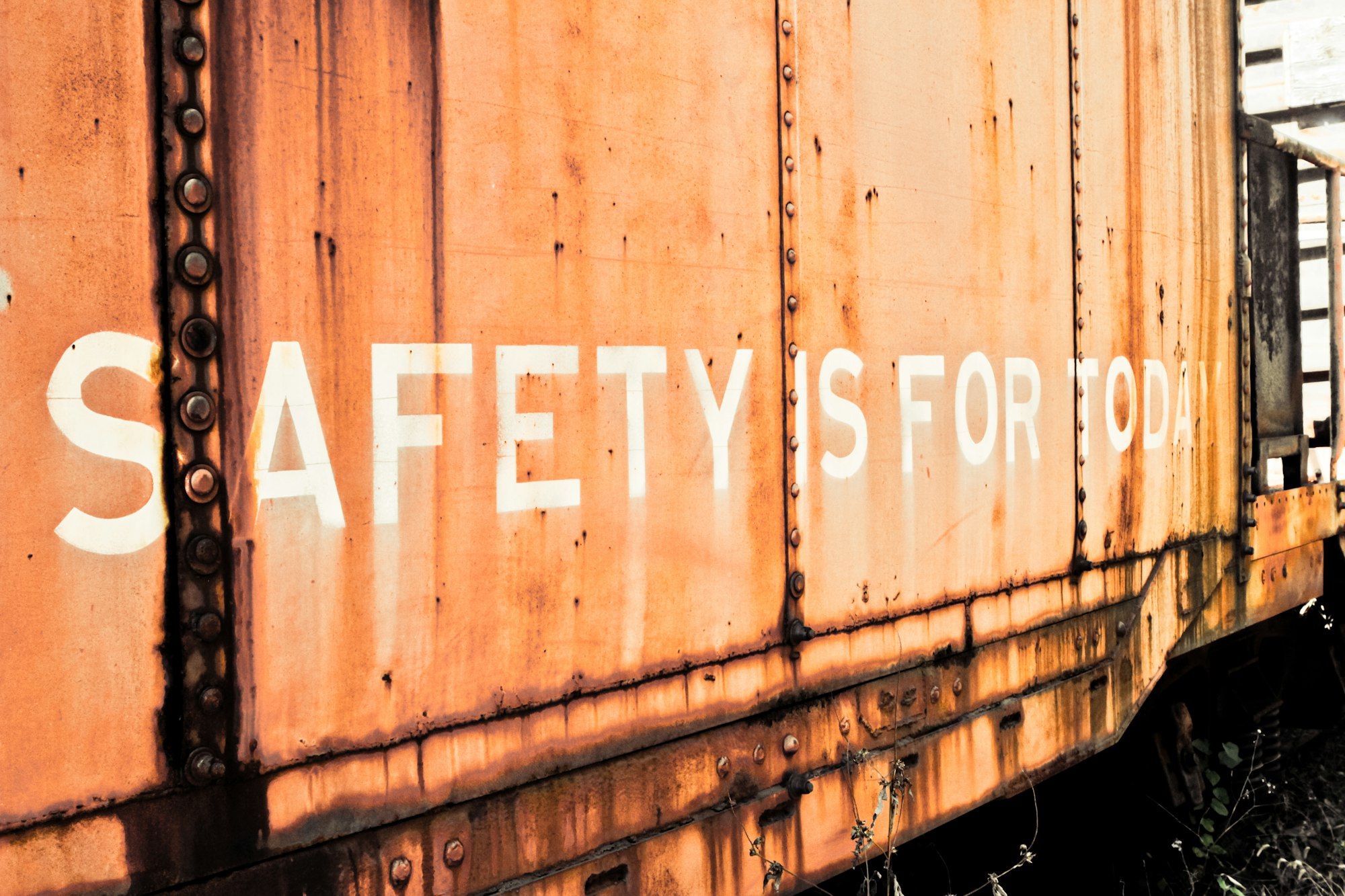By: Ivette Luna, Guest Writer
School shootings are increasing across the United States, and earlier this month, Newman University’s Director of Security Morris Floyd spoke to students about what to do if an active shooter came on campus.
Kristi Barton Edwards, assistant professor of criminal justice, also was there and said that, in addition to students, teachers also fear this scenario happening in their place of work.
“I think this is important for anyone, anywhere at any time,” she said at the event. “Speaking with Morris Floyd, we realized we have not had the opportunity to provide updated, relevant information directly to students. That is what criminal justice is about: the hard conversations and thinking about protecting each other.”
Floyd, who has 27 years of experience at the Wichita Police Department on his resume, said that when the Sandy Hook shooting happened in 2012, resulting in the deaths of 20 elementary school children and three staff members in Newtown, Connecticut, he was assigned to create school procedures in case of an active shooter.
From then on, he paid close attention to news about school shootings and gathered information.
Floyd spoke about what students and staff should take away from those tragedies. First, he wants people to let go of the “It won’t happen here” mindset. It is better to be aware than blindly optimistic, he said. Also, he said, relying on law enforcement in such a scenario would not be wise: People must rely on their survival instincts.
Floyd spoke of three types of responses: run, hide and fight. The first option is to run. Floyd said that it is harder to hit a moving target than a stationary one.
“Zig-zag, do whatever you need to do.. Do not stand there,” he said.
The closest exit might seem like the best escape route, but Floyd expressed the need to assess the situation according to where the shooter has an open view.
Go far away from the building, he said. Don’t hide in dumpsters or parking lots in case of secondary devices or other shooters.
Victims also should call 911 as soon as they are near a phone. Floyd said it was common for people to assume someone had already called, but the more calls, the higher chance of law enforcement understanding what’s happening.
The second option is to hide, but this is a waiting game, Floyd said. Hiding would take a lot of time and patience. Floyd mentioned that doors to rooms where people are hiding should be closed, locked or barricaded. People also should keep the lights off because shooters are on a tight schedule and would rather go for rooms that give signs of life than those that look empty.
“Shooters know that they have a limited amount of time,” Floyd said. “They have no time for hide and seek.”
Another option is to fight. Shooters expect fear and control. They do not expect resistance. Of course, no one is suggesting victims should stand close to the shooter, Floyd said, but victims could throw items at the shooter to surprise him. They also can fight by barricading the doors or windows, by spraying things like water or soda at the shooter, or by releasing a fire extinguisher. Disrupting the shooter is better than nothing.
“You are not winning, but you will save lives, and that is what it is about,” Floyd said.
Floyd said that the security staff at Newman has one plan in this scenario: to eliminate the shooter. Those on campus should speak up about any suspicions and remember that having a plan ahead of time gives a better chance of survival.
Floyd said that knowledge is power and that anyone who has questions or wants to see a powerpoint he created on the topic of active shooters should email him at floydm@newmanu.edu
PHOTO: Courtesy photo, Unsplash
